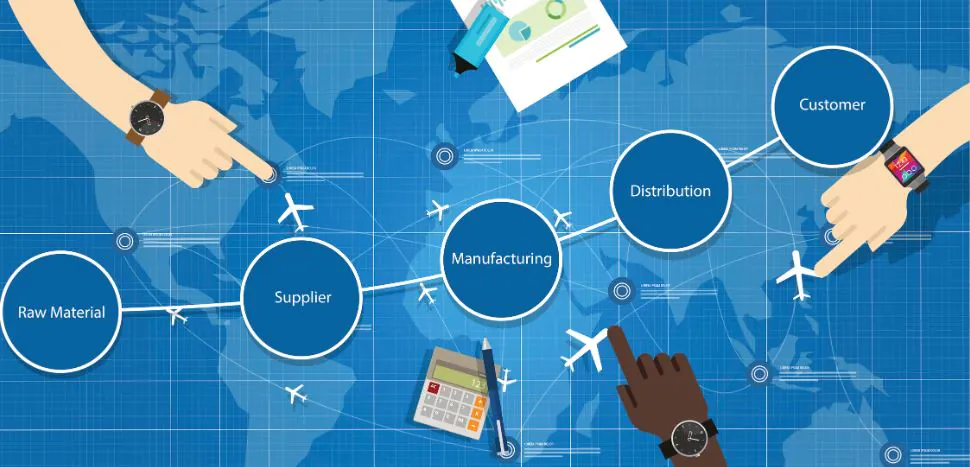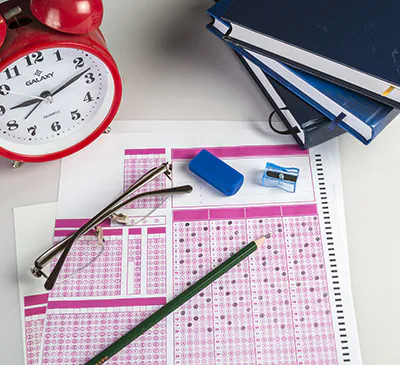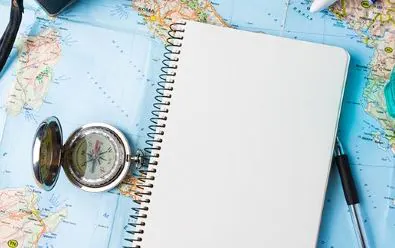Consumers around the world are increasingly opting for products that do not have a negative impact on the environment, and that are manufactured, sourced, produced, and packaged in a sustainable and ethical way. From cosmetics to food products, electronics, pharmaceuticals, and more, it’s clear that the sustainable packaging is in.
This is one of the major factors behind the steadily increasing popularity of green packaging. The global green packaging market is expected to grow at a CAGR of almost 8% by 2020, according to Technavio, and is experiencing greater growth in regions with high urban populations where pollution and wastage is a serious issue and impacts individuals’ day-to-day lives.
What is sustainable packaging?
For packaging to be considered ‘green’ or sustainable, it must meet the needs of present generations while simultaneously not compromising the ability of future generations to meet their own needs. Essentially, green packaging must function in adherence with current consumer demands and expectations, but should have a reduced environmental impact. When designing and producing sustainable packaging materials, manufacturers must look at the product lifecycle, including disposal or repurposing, and should ensure that the final product will be used in a way that reduces—or even eliminates—the potential for environmental damage or harm. Additionally, the entire supply chain should be examined to make sure that actions, business practices, and methods sat each stage are sustainable and ethically sound. Green packaging products can be recyclable, reusable, or degradable.
Which sustainable packaging materials are most commonly used?
- Paper/paperboard: Paper is the most commonly used material in green packaging. Changing regulations for pharmaceutical packaging, including the packaging of drugs in unit-dose formats with barcodes in order to reduce errors, is driving the steady growth of the paper and paperboard segment. Paperboard is also heavily used in e-commerce packaging. This type of packaging is recyclable and reusable.
- Bioplastics: Bioplastics are plastics derived from renewable sources such as vegetable fats, corn starch, wheat fibre, or even potatoes. In America, the USDA allows any material that’s a minimum of 50% bio-based to be called bioplastic. In some regions, surplus crops of corn and soybeans from farms are being used to produce bioplastics. The use of bioplastics is expected to drastically increase over the next four years due to stringent environmental regulations worldwide.
- Corrugated cardboard: Most corrugated cardboard packaging is in box format and is made from birch or pine tree pulp. These trees can are fast-growing, can thrive in a variety of conditions, and can be harvested in a sustainable way. This type of packaging is both recyclable and reusable. It also requires less energy to create due to the high percentage of recyclable material it already contains.
Read more: Three Major Factors Changing the Packaging Industry Worldwide
What does the future of sustainable packaging look like?
In the near future, a greater number of green primary packaging materials are expected to become widely available. For example, bio-based compostable packaging is currently available in the market, but due to its relatively high cost, limited lifespan, and labor-intensive nature, its use remains low for the time being—however, advancements and improvements in this area could make many types of compostable packaging a suitable replacement for polystyrene. This type of packaging is frequently made from mushrooms, which grow around agricultural waste such as corn husks. The mushroom fibres bind the waste together to form a solid shape; this is then dried to halt growth. The final packaging can be composted at a consumer’s home, but cannot be properly re-used.
The market is also likely to experience growth as environmental regulations worldwide become stricter and governments place a greater emphasis on sustainability. Its applications are expected to extend to packaging for consumer electronics and a number of other industries and products.
Thousands of the world’s leading packaging companies can be in your contact list if you join BizVibe today. Whether you are looking for reliable suppliers, top food and drink manufacturers, wholesalers and potential customers in over 70 countries, or want to find out what your competitors are buying and which suppliers they’re using, BizVibe can help you reach out to sales prospects and decision-makers across the globe.




Your mode of telling everything in this paragraph is truly pleasant, every one be capable of simply be aware of it, Thanks a lot.
I really like it when people get together and share opinions. Great website, continue the good work!
Nice blog here! Also your website loads up very fast! What web host are you using? Can I get your affiliate link to your host? I wish my site loaded up as quickly as yours lol
I am extremely impressed with your writing skills as well as with the layout on your weblog. Is this a paid theme or did you customize it yourself? Anyway keep up the excellent quality writing, it’s rare to see a nice blog like this one nowadays.
It’s remarkable in favor of me to have a site, which is helpful designed for my experience. thanks admin
Wow! After all I got a blog from where I be able to genuinely obtain valuable facts concerning my study and knowledge.
I simply wanted to thank you a lot more for this amazing blog you have produced here.
It really is full of useful tips for those who are
seriously interested in this subject, in particular this very post.